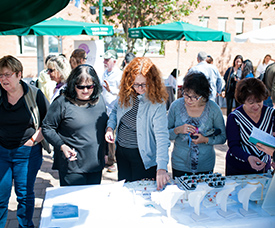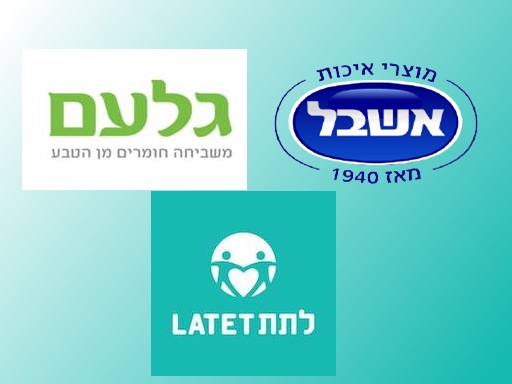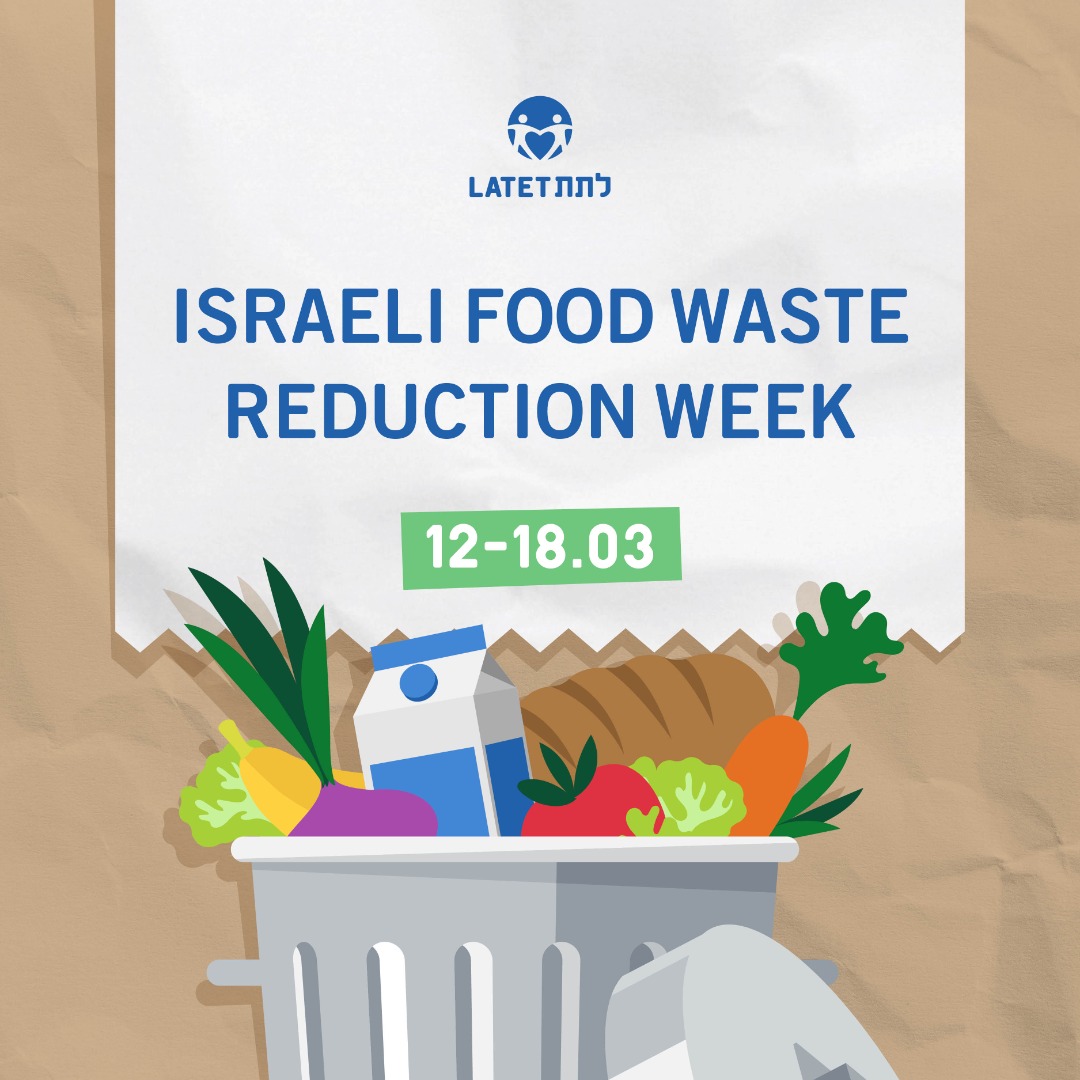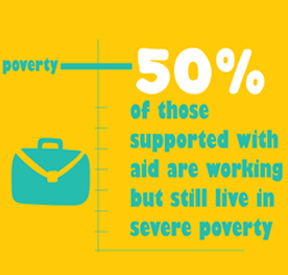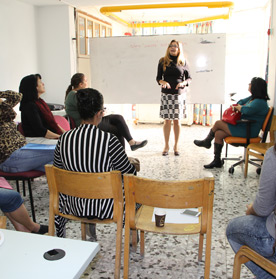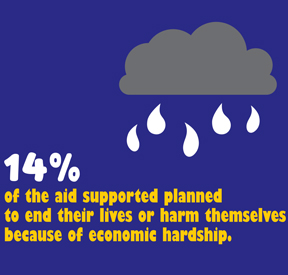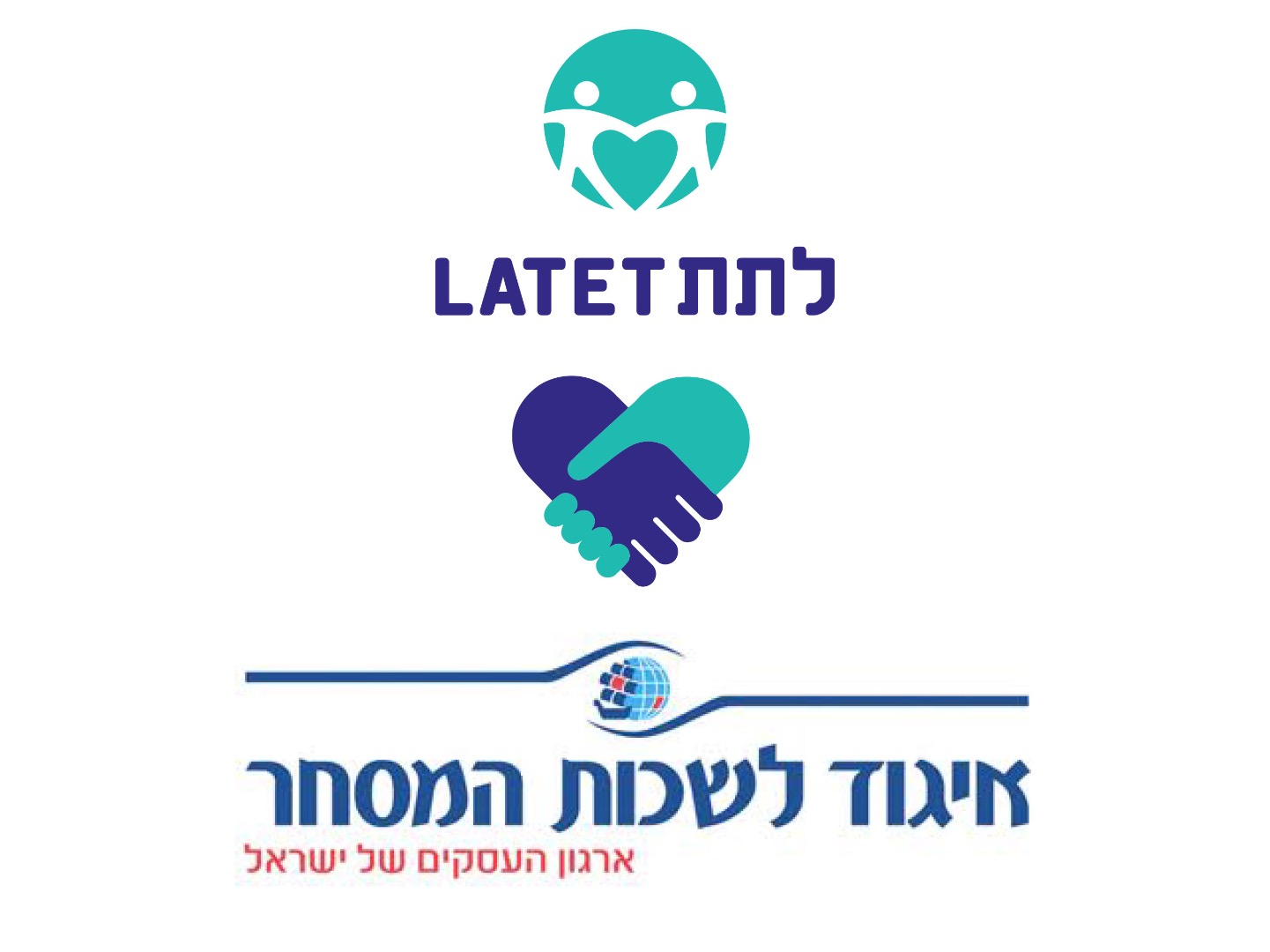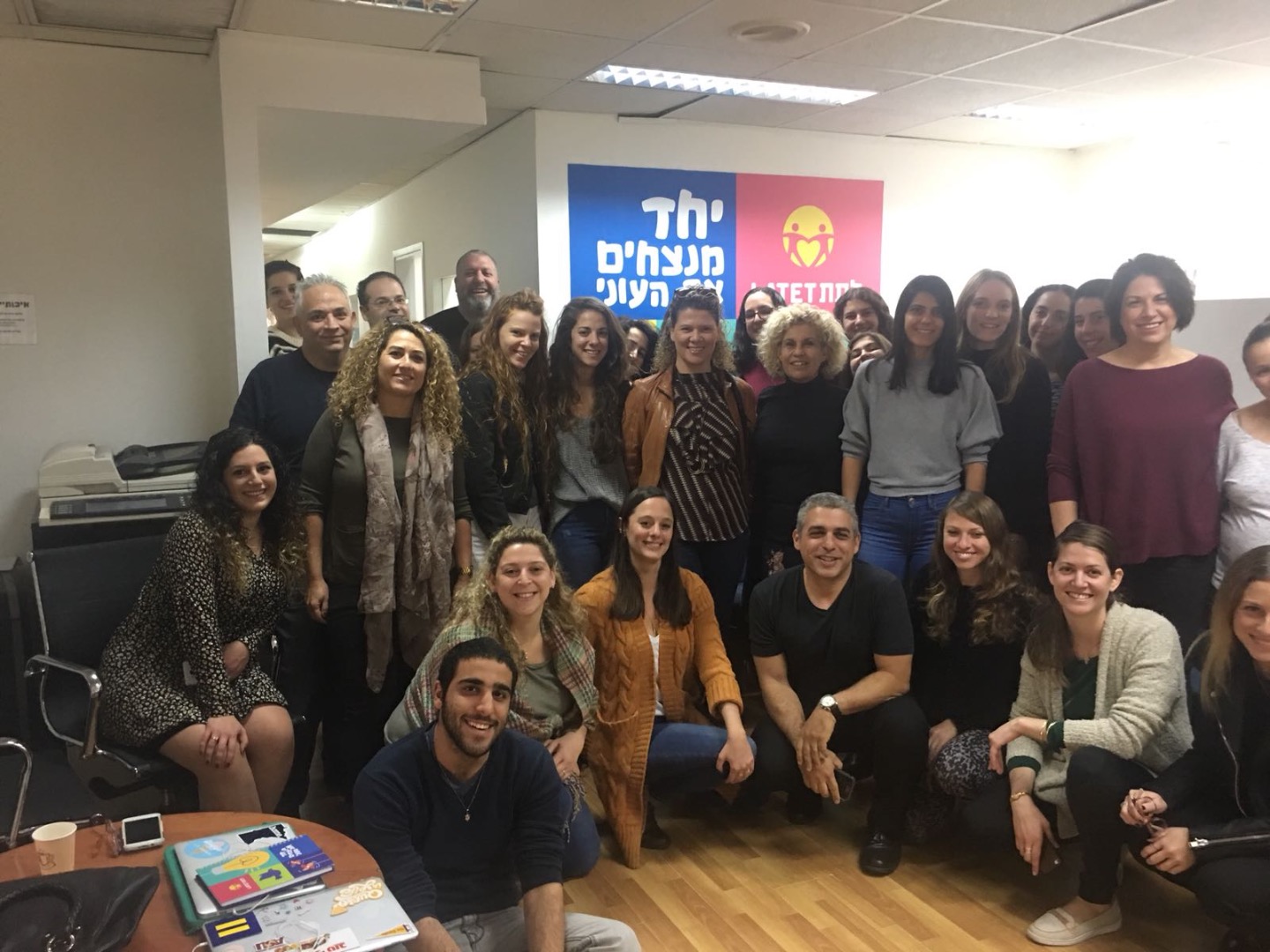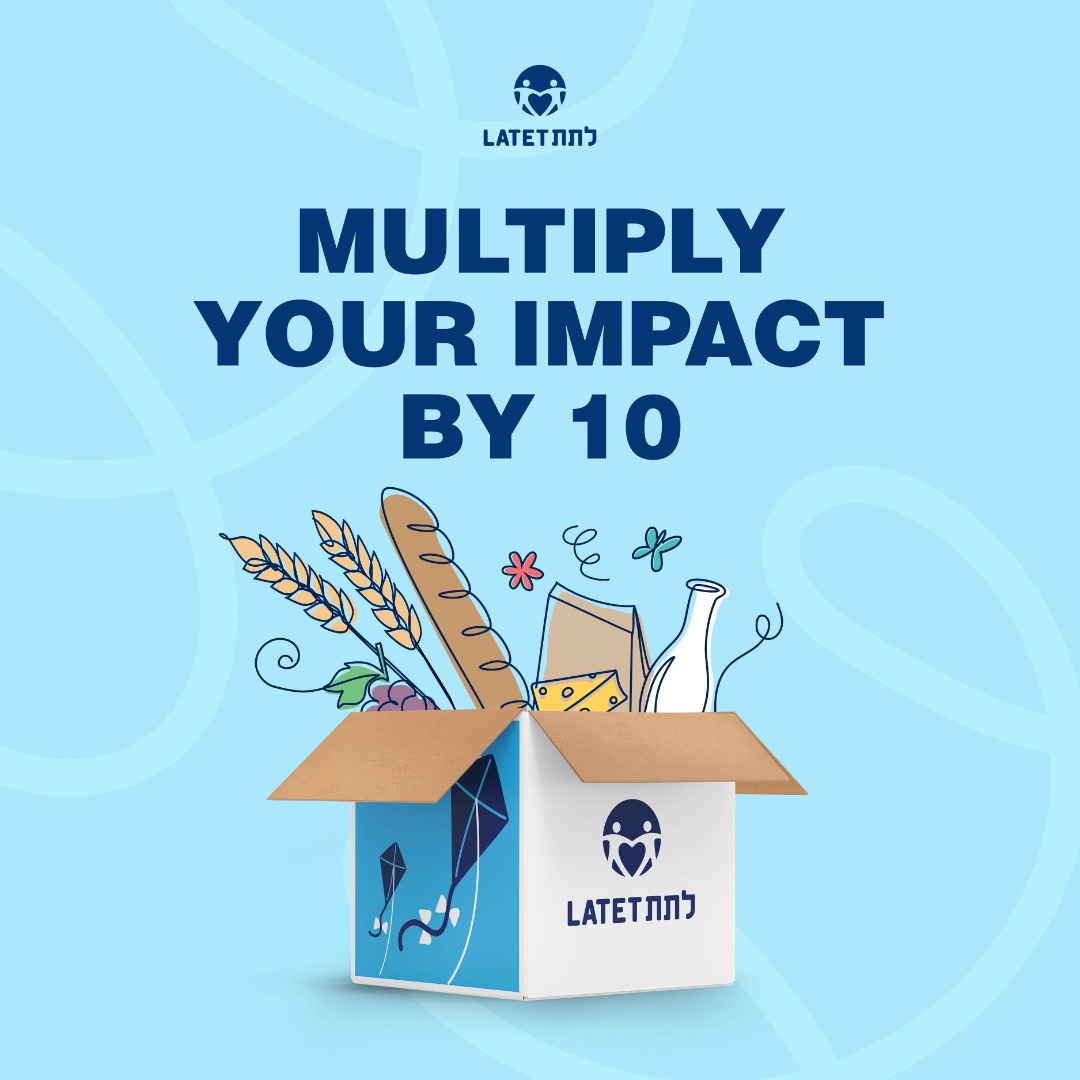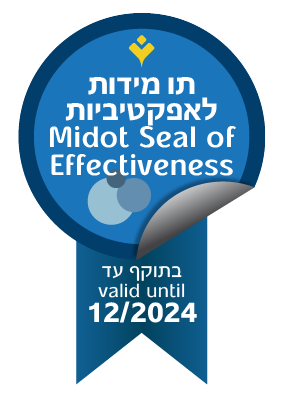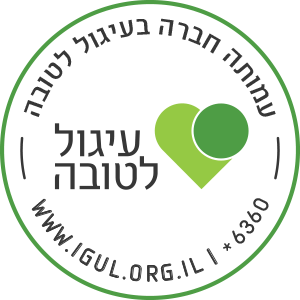As part of the Latet Atid program we've conducted a special trade fair in the College of Management in Rishon le-Tzion.
One-third of the world's food production goes to waste (with about 50% of it being edible), while millions of people live in hunger and food insecurity.
In Israel, 709,500 families live in food insecurity, while at the same time, in Israel, food worth an estimated 7.5 billion shekels (!) is wasted each year.
50% of the total potential for rescue is in the commercial networks, and 240 million of the total potential is in the food industry.
What is "food rescue"?
The purpose is to provide "unmarkatable" products intended for disposal, for donation to impoverished families living in food insecurity. The main products given are those with a short shelf life that cannot be marketed at retail outlets, surplus products resulting from gaps between planning and demand, healthy products rejected for marketing in the quality control process, expired promotion packages, KDM products, damaged packaging, and returns.
Why rescue food?
Economic efficiency - saving on disposal and burial costs and receiving a tax credit for the value of the donation.
Environmental benefit - reducing food waste.
Social impact - assisting families in need in food insecurity.
Marketing leverage - improving reputation in the eyes of consumers, increasing the company's donation budget through existing resources, norms, and standards in the global market.
And how are we connected to this?
Latet provides assistance on a monthly basis to about 95,000 families suffering from severe food insecurity, with 80% of the food distributed to them originating from rescued food. Through long-term strategic partnerships with the food industry in Israel, manufacturers, importers, and cooperative networks, we managed to rescue food worth NIS 219 million ($60M) during 2023. This is excellent food that would otherwise go to waste. Today, the organization rescues food from around 50 food companies, manufacturers, and importers, and it can be said that most of the large and medium-sized food companies in Israel rescue food fit for consumption (from the production stage) and donate it to the organization.
About seven years ago, the organization began rescuing food from cooperative networks, and today it operates two breakthrough initiatives in this area:
Rescuing food from the Shufersal network: Shufersal is the first network in Israel to systematically rescue food with the assistance of Latet.
The rescue initiative began in 2016 and currently saves food from 164 branches across the country. Through the deep partnership with the network, we managed to rescue in 2023 food weighing 5,497 tons valued at NIS 88 million (market price).
The potential for rescue from marketing networks is the largest (50%), and theoretically, rescuing food from this sector alone would solve the issue of nutritional insecurity in Israel.
The environmental benefit of food rescue:
In addition to assisting needy families and addressing market failures, food rescue has a significant impact on sustainability and its potential to slow down the global climate crisis.
The environmental costs of food waste are estimated at NIS 3.6 billion per year for the country. Among them, NIS1.4 billion is due to unnecessary loss of natural resources, NIS 1 billion due to greenhouse gas emissions and air pollution, and NIS 800 million is the direct cost of waste treatment. Food waste ranks third among the most effective measures to slow down the global climate crisis, which we all feel, with extreme weather events worldwide and particularly in Israel, with extreme heatwaves, frequent floods, and ongoing droughts worsening year by year. In Israel alone, 6% of the country's greenhouse gas emissions stem from food waste.
Through collaboration and commitment from all stakeholders, we can solve such a pressing and fundamental issue - rescuing food fit for consumption from waste, distributing it to those in need, and helping our planet. For the sake of our future.
